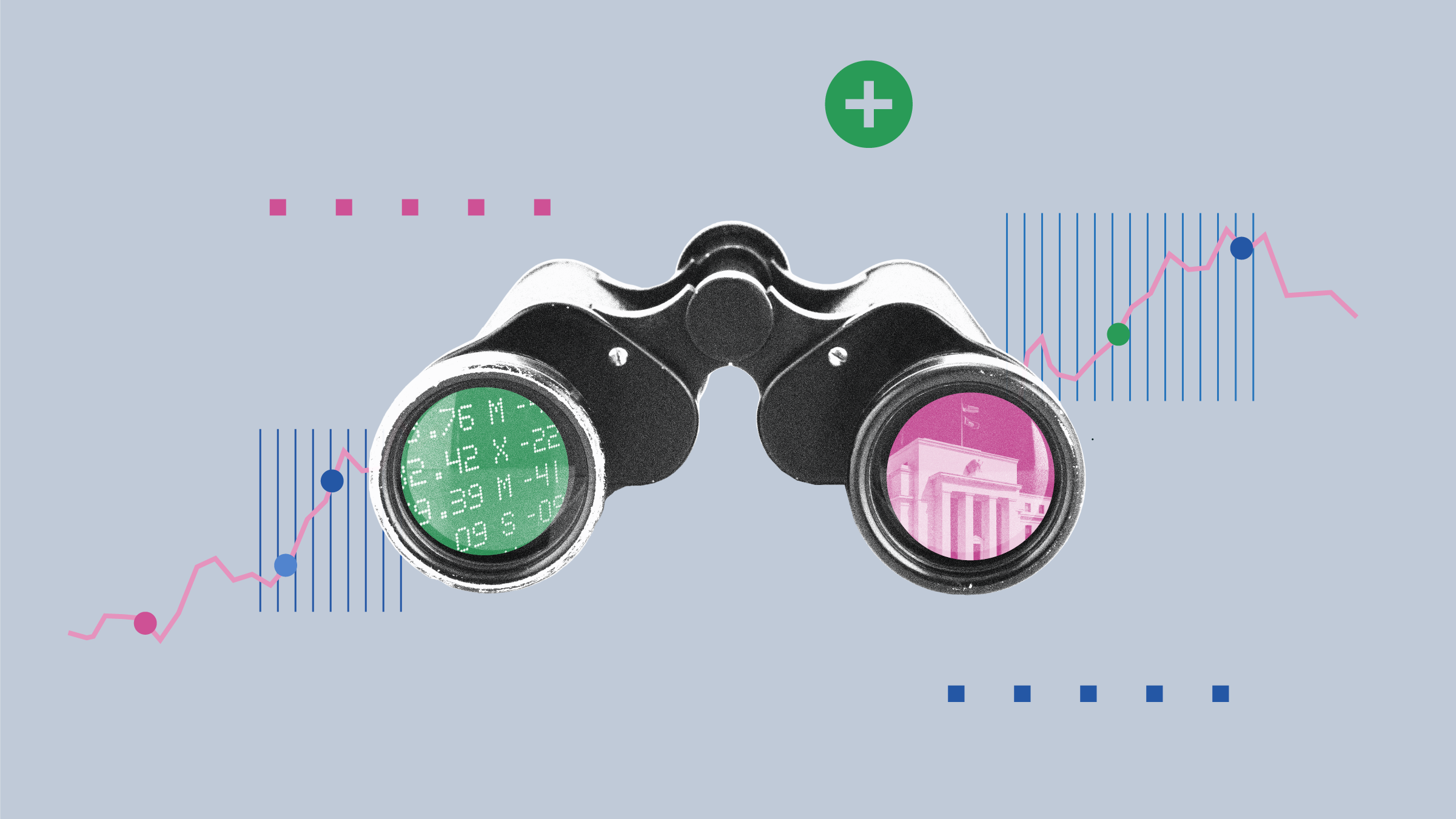.
"We use a lot of quantitative tools to filter out the noise, as there are over 7,000 stocks in the global equity universe," says Mahoney, 41, managing director at Toronto-based Picton Mahoney Asset Management. "We can't look at them all in detail. The 'quant' tools highlight the stocks that are attractive." The screens also help determine when to buy or sell. "It can be very difficult to sell when things turn for the worse," says Mahoney. "So the tools tell you that 'margins are deteriorating, earnings growth is slowing, or they've missed their estimates. The company is not so attractive anymore.' The quant tools impose a discipline in the process." .
The latter fund also tends to be slightly more volatile and turnover is somewhat higher. For the year ended March 31, 2007, turnover was 135.5%. The corresponding figure for the more diversified fund was 106.8%.
A Halifax native, Mahoney began his career in academia but later switched to hands-on money management. After graduating in 1988 from St. Mary's University with a bachelor of commerce, he spent two years working on a PhD in finance at the University of Alberta.
One afternoon, he was struck by the argument between a visiting scholar and some of his colleagues about a particular statistical formula. "A lot of the stuff was minutiae. I thought, 'They are probably the only people in the world who cared.' The real world was more interesting."
In 1990, Mahoney took a leave of absence and joined the Alberta Treasury Department as a U.S. stock analyst. He never looked back. He also had an opportunity to apply skills he picked up at university and developed quantitative models that provided a more disciplined investment process.
After two and a half years, Mahoney joined Genus Capital Management, a Vancouver investment counselling firm. He became a partner, managed the firm's U.S. equity fund and launched a global equity fund.
In 1997, Mahoney moved to London, England, where he worked for HSBC Asset Management Europe. He spent a year melding the efforts of the quantitative team and the traditional equity team.
Then, in 1998, he received "one of those once-in-a-lifetime opportunities," from Joe Canavan, founder of Synergy Asset Management. His introduction came from David Picton, a former sell-side analyst who believed Mahoney would be a good fit to manage global equities.
Mahoney began managing the foreign content ofSynergy Canadian Corporate Class
.
The latter fund also tends to be slightly more volatile and turnover is somewhat higher. For the year ended March 31, 2007, turnover was 135.5%. The corresponding figure for the more diversified fund was 106.8%.
A Halifax native, Mahoney began his career in academia but later switched to hands-on money management. After graduating in 1988 from St. Mary's University with a bachelor of commerce, he spent two years working on a PhD in finance at the University of Alberta.
One afternoon, he was struck by the argument between a visiting scholar and some of his colleagues about a particular statistical formula. "A lot of the stuff was minutiae. I thought, 'They are probably the only people in the world who cared.' The real world was more interesting."
In 1990, Mahoney took a leave of absence and joined the Alberta Treasury Department as a U.S. stock analyst. He never looked back. He also had an opportunity to apply skills he picked up at university and developed quantitative models that provided a more disciplined investment process.
After two and a half years, Mahoney joined Genus Capital Management, a Vancouver investment counselling firm. He became a partner, managed the firm's U.S. equity fund and launched a global equity fund.
In 1997, Mahoney moved to London, England, where he worked for HSBC Asset Management Europe. He spent a year melding the efforts of the quantitative team and the traditional equity team.
Then, in 1998, he received "one of those once-in-a-lifetime opportunities," from Joe Canavan, founder of Synergy Asset Management. His introduction came from David Picton, a former sell-side analyst who believed Mahoney would be a good fit to manage global equities.
Mahoney began managing the foreign content ofSynergy Canadian Corporate Class  . He has managed the flagship global equity fund since its March 1999 inception.
Synergy was sold to CI Investments in 2003, but Picton and Mahoney stayed on and later established their own firm. Picton Mahoney now has $5 billion in assets under management.
Looking ahead, Mahoney believes that the subprime crisis and related woes may continue for some time. As a result, he's been focusing on large-cap companies with more stable growth characteristics. These include consumer product manufacturers such as Britain's Reckitt Benckiser PLC, and Nintendo Co. Ltd., the Japanese maker of gaming devices.
"When we bought Nintendo last February, it looked expensive. But it's cheaper today because its earnings have been very strong," says Mahoney, noting that the stock has doubled in the past year and it is still trading at 25 times earnings. "Its earnings growth is much faster than that. To us, it's attractively valued."
. He has managed the flagship global equity fund since its March 1999 inception.
Synergy was sold to CI Investments in 2003, but Picton and Mahoney stayed on and later established their own firm. Picton Mahoney now has $5 billion in assets under management.
Looking ahead, Mahoney believes that the subprime crisis and related woes may continue for some time. As a result, he's been focusing on large-cap companies with more stable growth characteristics. These include consumer product manufacturers such as Britain's Reckitt Benckiser PLC, and Nintendo Co. Ltd., the Japanese maker of gaming devices.
"When we bought Nintendo last February, it looked expensive. But it's cheaper today because its earnings have been very strong," says Mahoney, noting that the stock has doubled in the past year and it is still trading at 25 times earnings. "Its earnings growth is much faster than that. To us, it's attractively valued."














